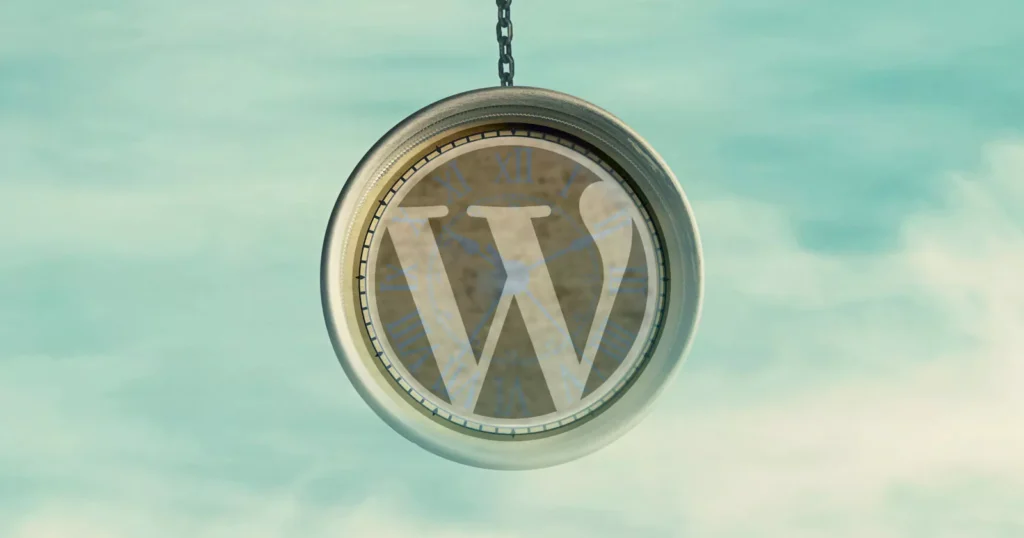Mullenweg Faces Legal Challenge Over WordPress Governance

Matt Mullenweg, the prominent leader behind WordPress and CEO of Automattic, is at the center of a legal battle following a Motion to Intervene filed in the WP Engine lawsuit against Automattic. WordPress developer Michael Willman, who filed the motion, has leveled serious allegations against Mullenweg, including claims of contract interference, defamation, and extortion. The legal filing seeks restitution for alleged damages and proposes significant changes to WordPress governance, including the establishment of an independent oversight board.
Willman alleges that Mullenweg’s actions directly caused the loss of clients and significant revenue. He cites the termination of a $14,500 contract and an ongoing $4,700-per-month retainer as direct consequences of being banned from WordPress platforms. Willman claims this ban not only disrupted his business operations but also tarnished his reputation within the WordPress community. Among the most contentious allegations is that Mullenweg falsely accused him of making physical threats, an assertion Willman strongly denies.
The motion also accuses Mullenweg of leveraging his position to coerce Willman into severing ties with WP Engine and joining Automattic’s affiliate program. Willman argues that such actions amount to attempted extortion and reflect broader issues with how power is wielded within the WordPress ecosystem.
The legal challenge has sparked significant debate within the WordPress community. Many users have expressed support for Willman’s actions, highlighting frustrations with perceived power imbalances in the platform’s governance. Willman’s proposal for an independent oversight board to manage WordPress Foundation and related entities has gained traction as a potential solution to these concerns.
This legal filing goes beyond individual grievances, raising fundamental questions about governance in open-source projects. WordPress, which powers over 40% of websites globally, has long been viewed as a community-driven platform. However, critics argue that Mullenweg’s influence has centralized control in ways that conflict with the open-source ethos. If the court rules in Willman’s favor, it could lead to a redistribution of power and set a precedent for how open-source projects are managed.
Willman has pledged to donate 5% of any monetary awards to the WordPress community, signaling his dedication to the platform’s success despite the legal dispute. The motion also outlines financial losses he claims to have suffered due to Mullenweg’s actions, including disrupted contracts and damaged client relationships.
The tech industry and the global WordPress community will closely watch the legal process. The outcome has the potential to reshape WordPress’s governance, ensuring greater transparency and accountability. Whether this challenge leads to meaningful reform or further divisions within the community, its impact on the platform’s future is undeniable.
As the case unfolds, it highlights the tensions between open-source ideals and the realities of centralized leadership in a platform as influential as WordPress. This dispute could become a defining moment in the platform’s history, influencing how it navigates governance and leadership challenges in the years to come.
